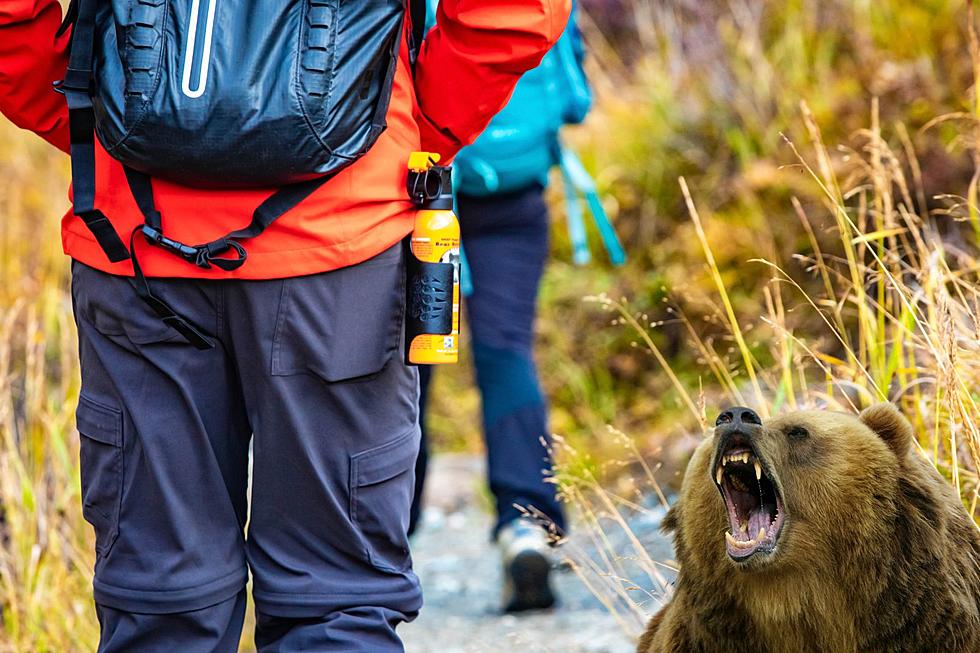
Bear Aware! How To Survive Bear Encounters in Washington
For most of us, a day in the Mountains or a National Forest means a day full of beauty, wonder, and exploration. There’s truly nothing like a hike or secluded camping trip in the wilderness, but with that comes responsibility and awareness of your surroundings – you should know what to expect before you go, especially when it comes to wildlife encounters. For instance, what is the plan if you encounter a bear, how can you limit your chances of an encounter, and if attacked, how should you react?
Bears Will React to Your Reaction.
Just like humans, bears are individuals with unique traits - no bear will react the same when encountering humans or dogs. It might ignore you and just mosey along its way, it might follow you to see what you're up to, or it might perceive you as a threat and assume a defensive position or even attack. Whether it be a grizzly or black bear (the two most common bears in Washington), the National Park Service has some excellent information regarding a bear’s typical behavior when they encounter humans and dogs.
Bears React in Response to Your Actions or if Surprised
Bears are smart, a bit nosy, and curious, they can climb trees, have great eye-sight, a powerful sense of smell, are fast-moving, and are very protective of their cubs. So when they’re surprised by a human they can become very defensive – protecting their young at all costs – even if you don’t present a threat.
Bear Encounters Can Happen on Short Off-The-Street Hikes or Deep in the Wilderness
As the National Parks Service says, there are no hard and fast rules if you come across a bear but there are some precautions you can take, and learning about bear behavior can reduce the chances of a negative encounter or heaven-forbid, a bear attack. The historical data shows that the likelihood of a bear attack is very rare in Washington. There have only been 14 recorded attacks in Washington State and one man accounts for two of those as he was attacked on separate occasions. Only one of the recorded attacks in Washington has been fatal (bees are more dangerous in Washington – they kill more people than all animal attacks combined).
How to Avoid Encounters and Alert Bears of Your Presence
When you are in bear country, always be aware of your surroundings – don’t hike off-trail into heavy brush, and don’t hike by yourself. If you can, travel in groups of four or more – the old strength in numbers rule will likely keep a bear at bay.
Make some noise! Use your voice – experts say bears won’t necessarily be deterred by noise makers like bells or radios – in fact, it might make them more curious, so a sing-a-long or loud conversation on the trail is a good idea.
Carry bear spray and know-how and when to use it. If you plan to take your dog into areas where bears are known to hang out – keep the dog on a leash. Letting Fido roam off-leash invites a bear or other animal encounter.
These are just a few of the things you can do to decrease your chances of a negative experience with a bear. Go to the National Parks Service website for more in-depth information and to learn how to defend yourself and fight off a bear if attacked.
5 Amazing Private Campsites Near Tri-Cities
Here's 3 Cool Hikes Near Tri-Cities
More From 102.7 KORD









